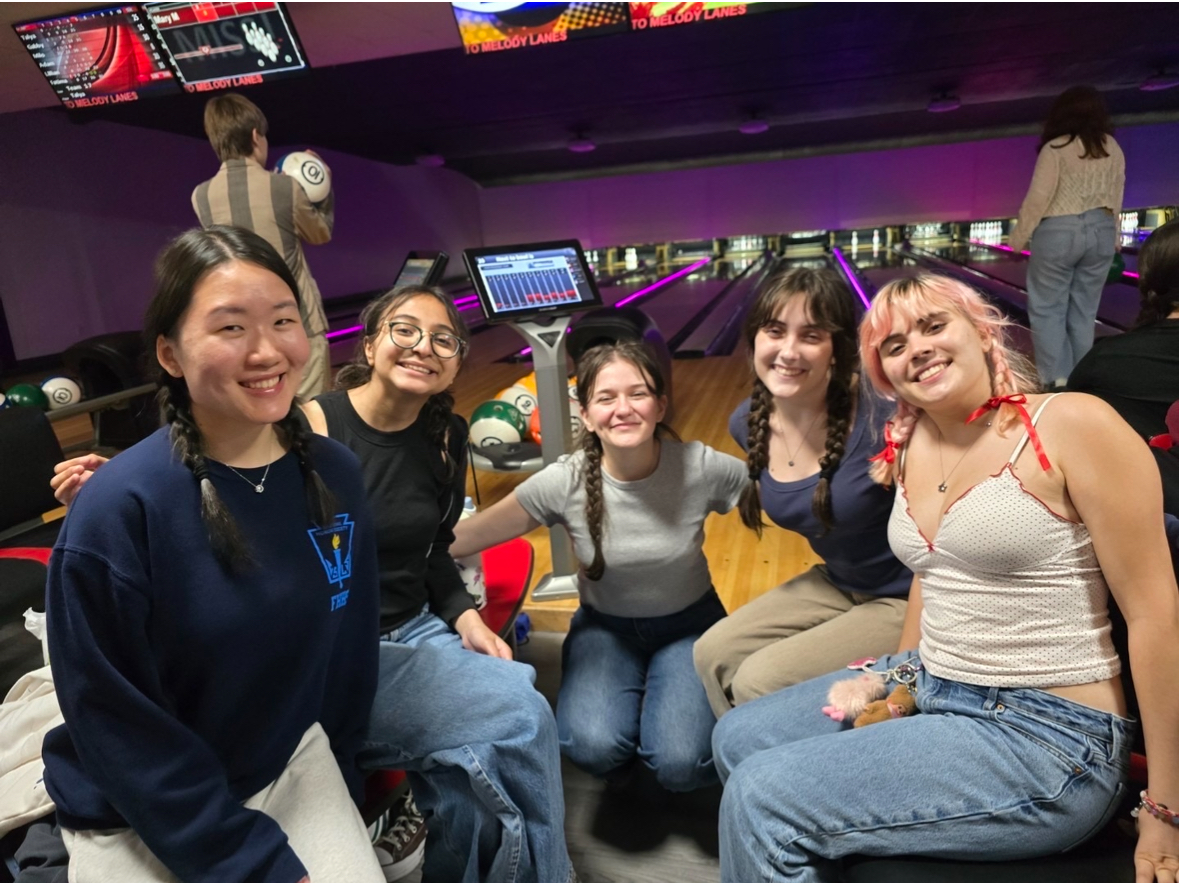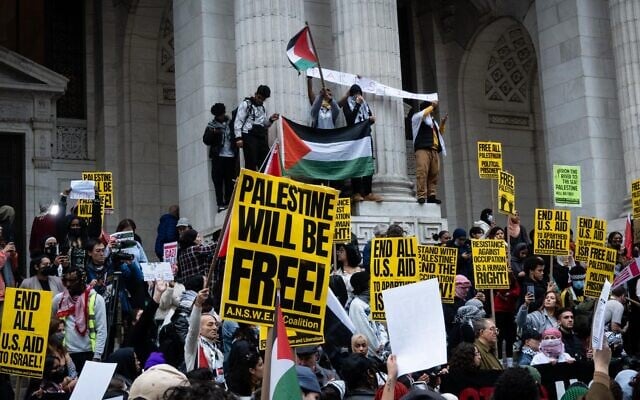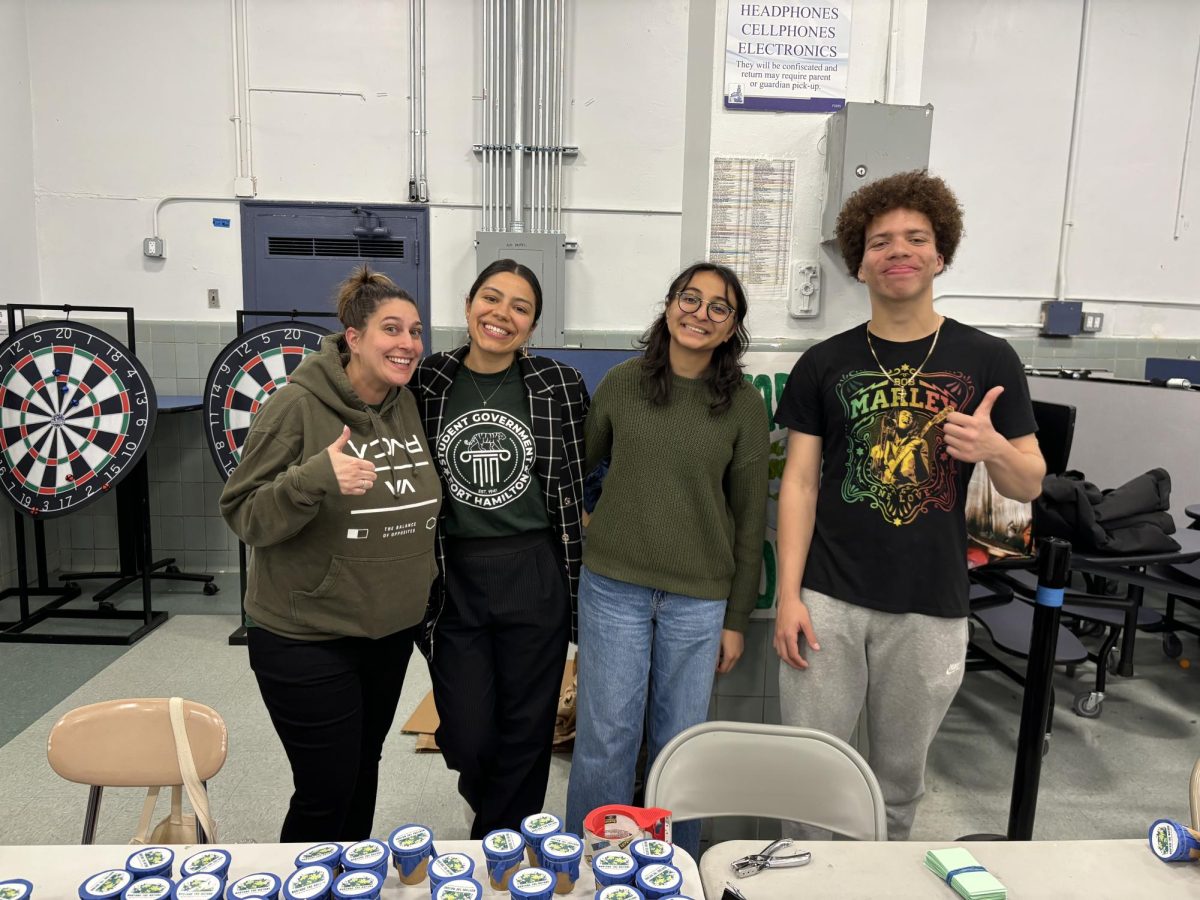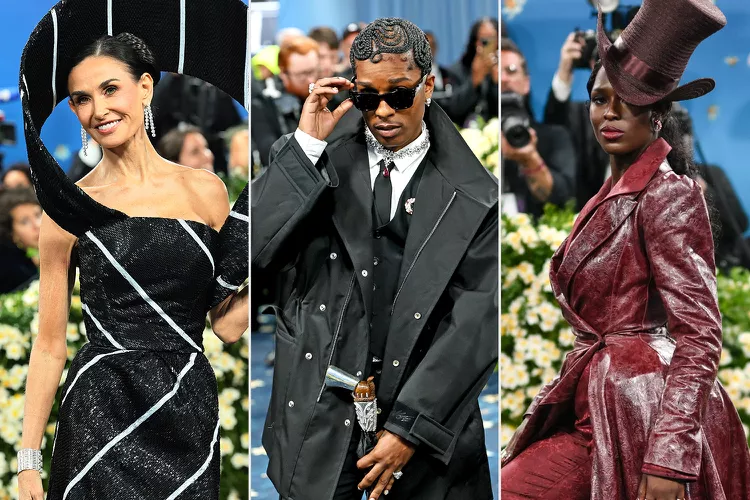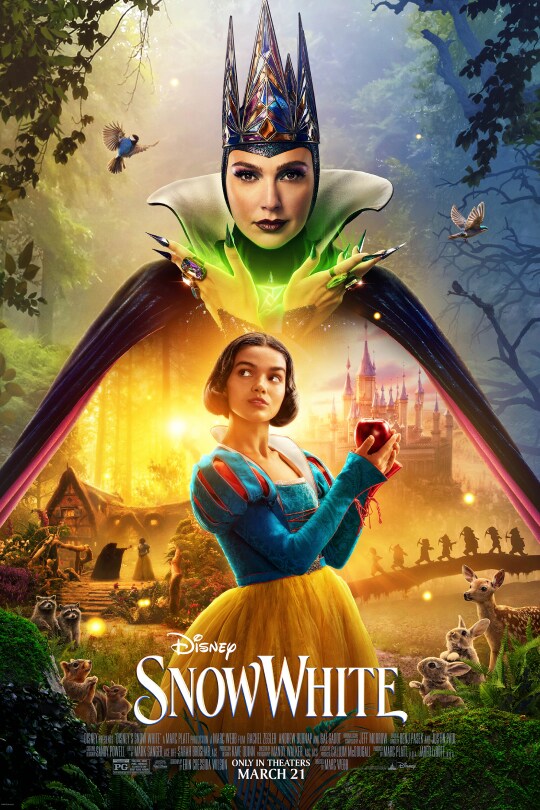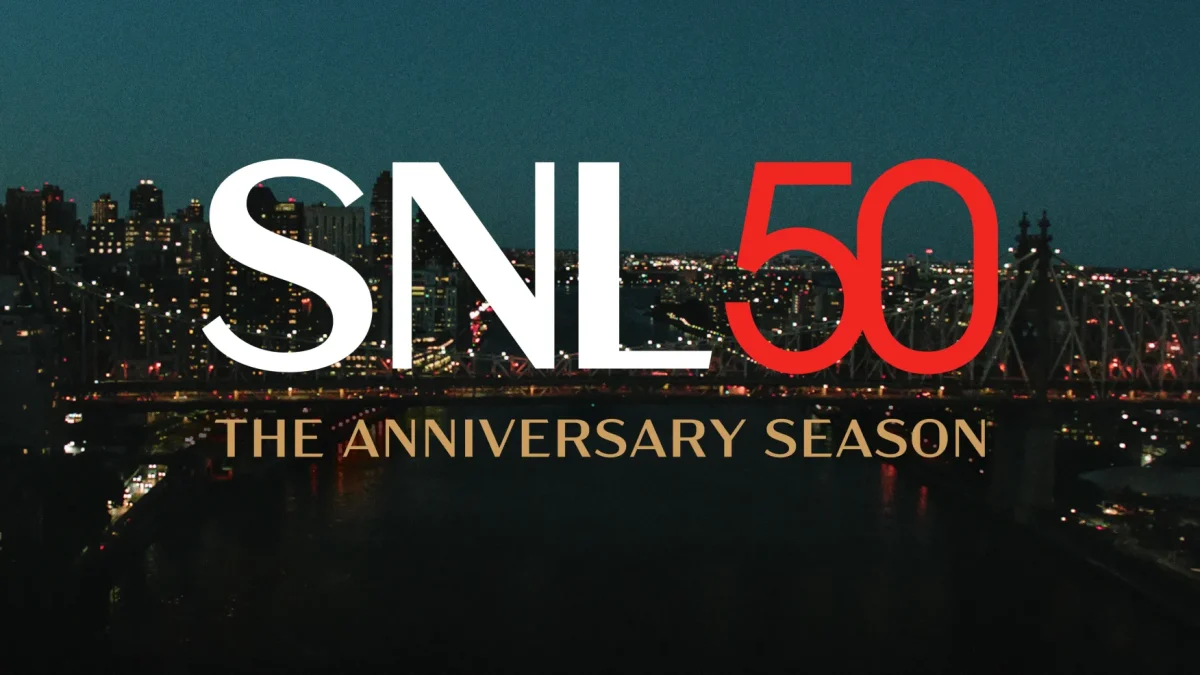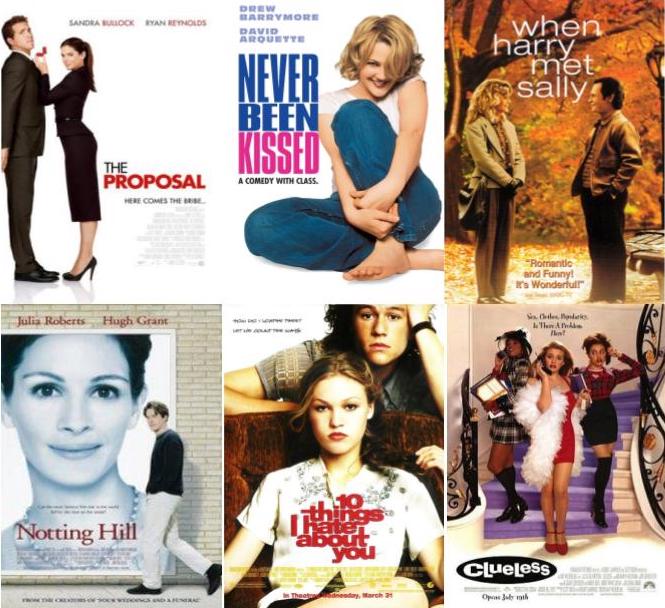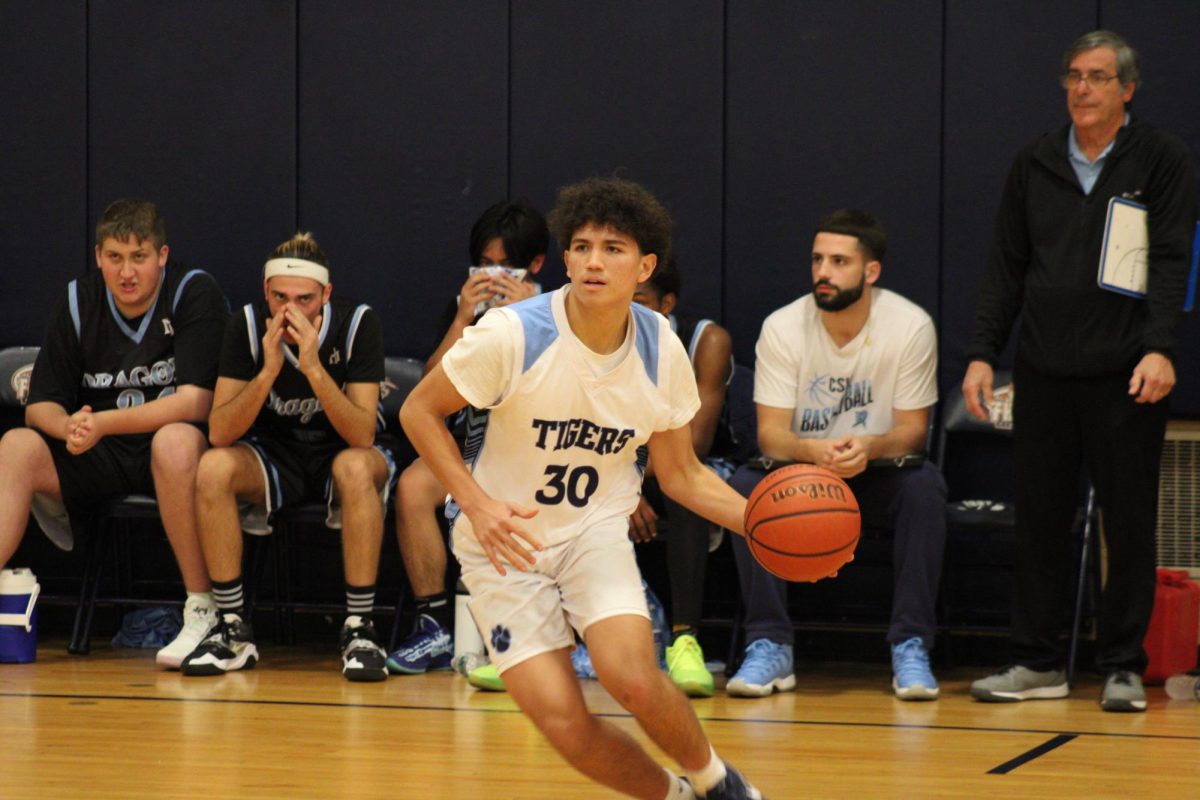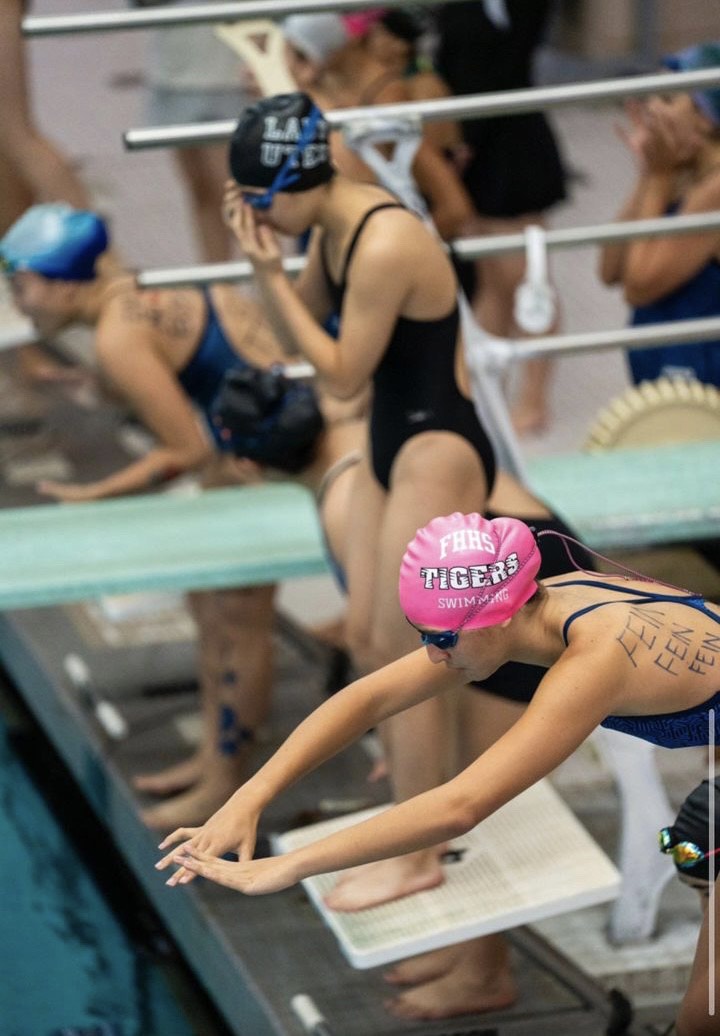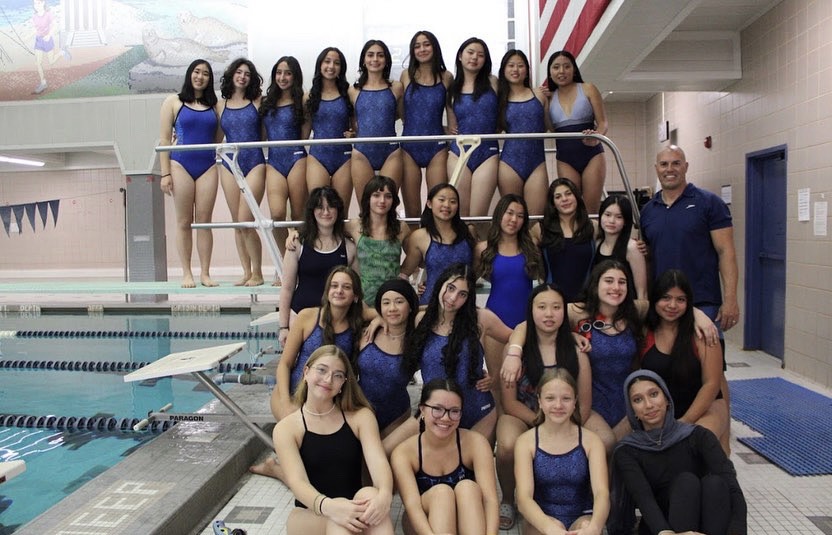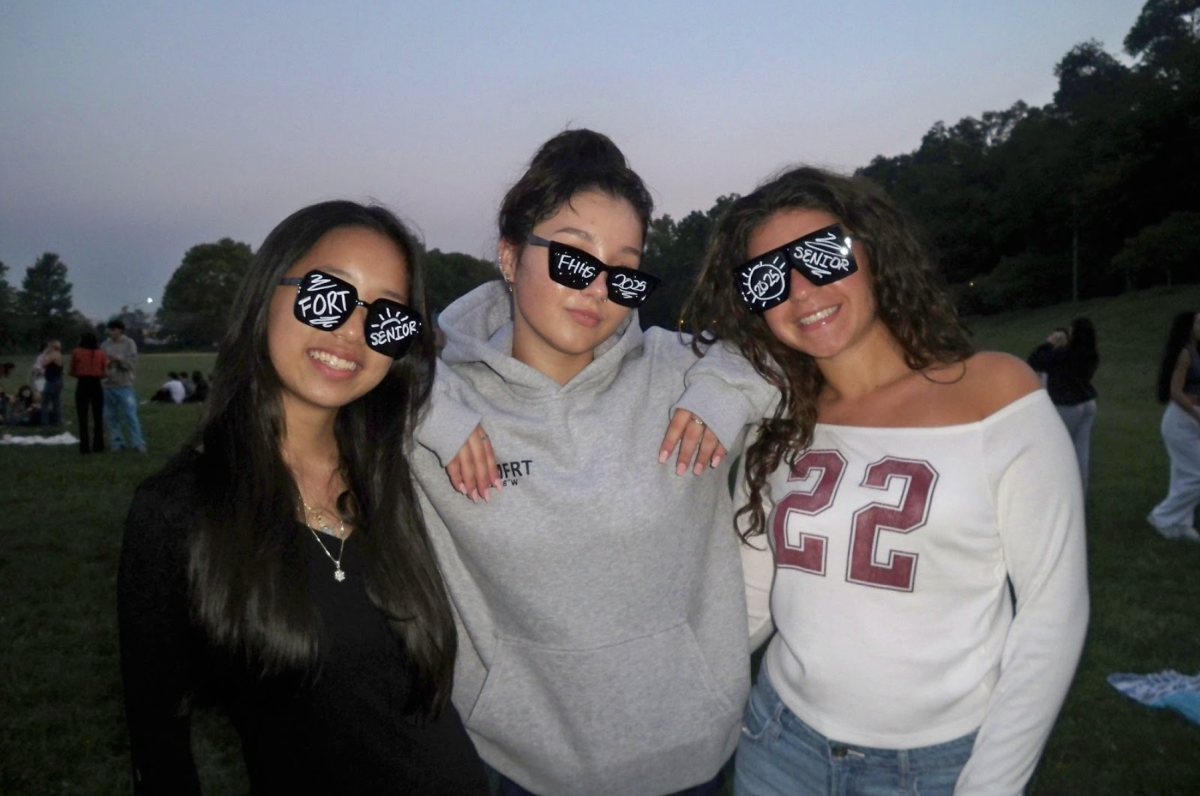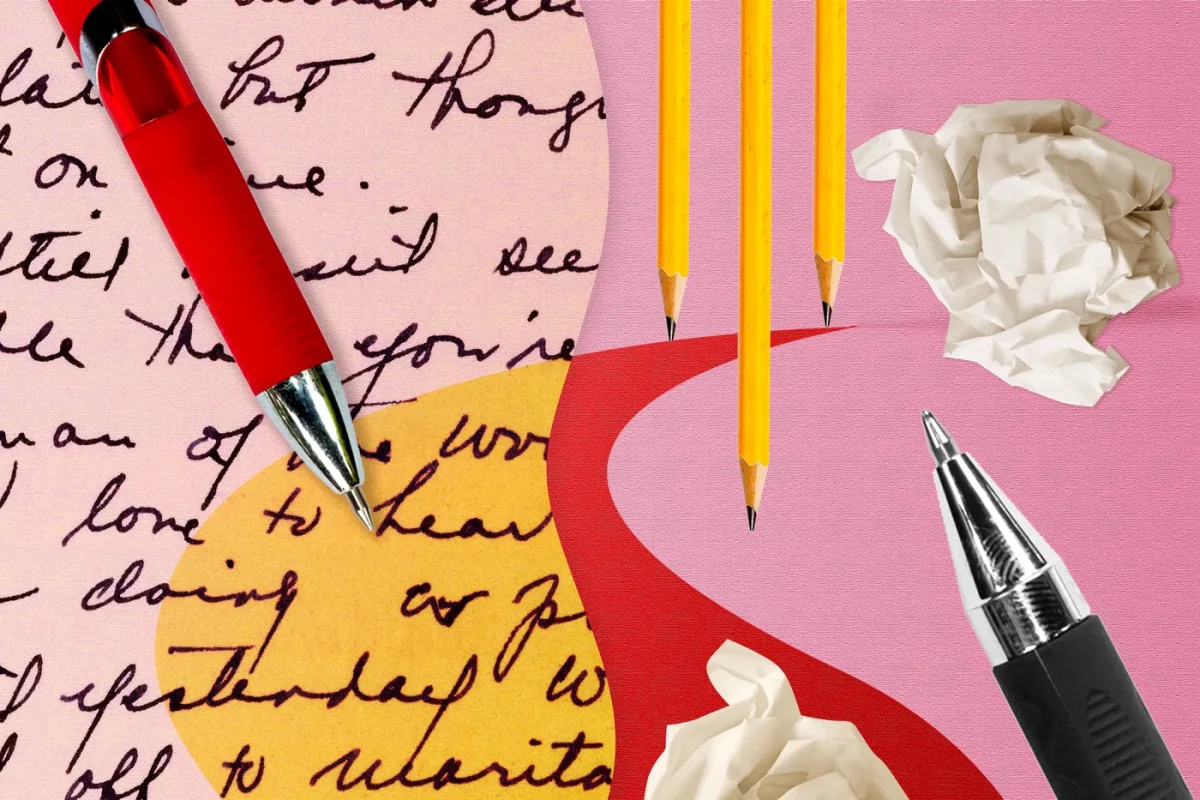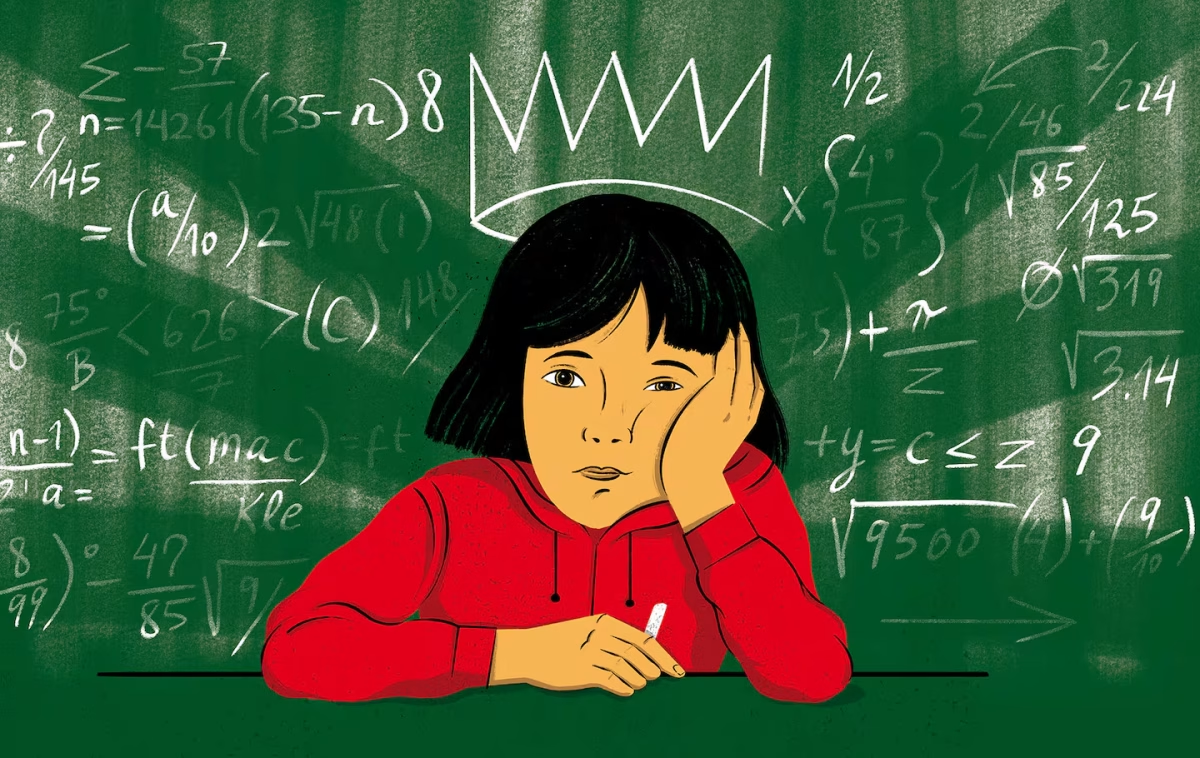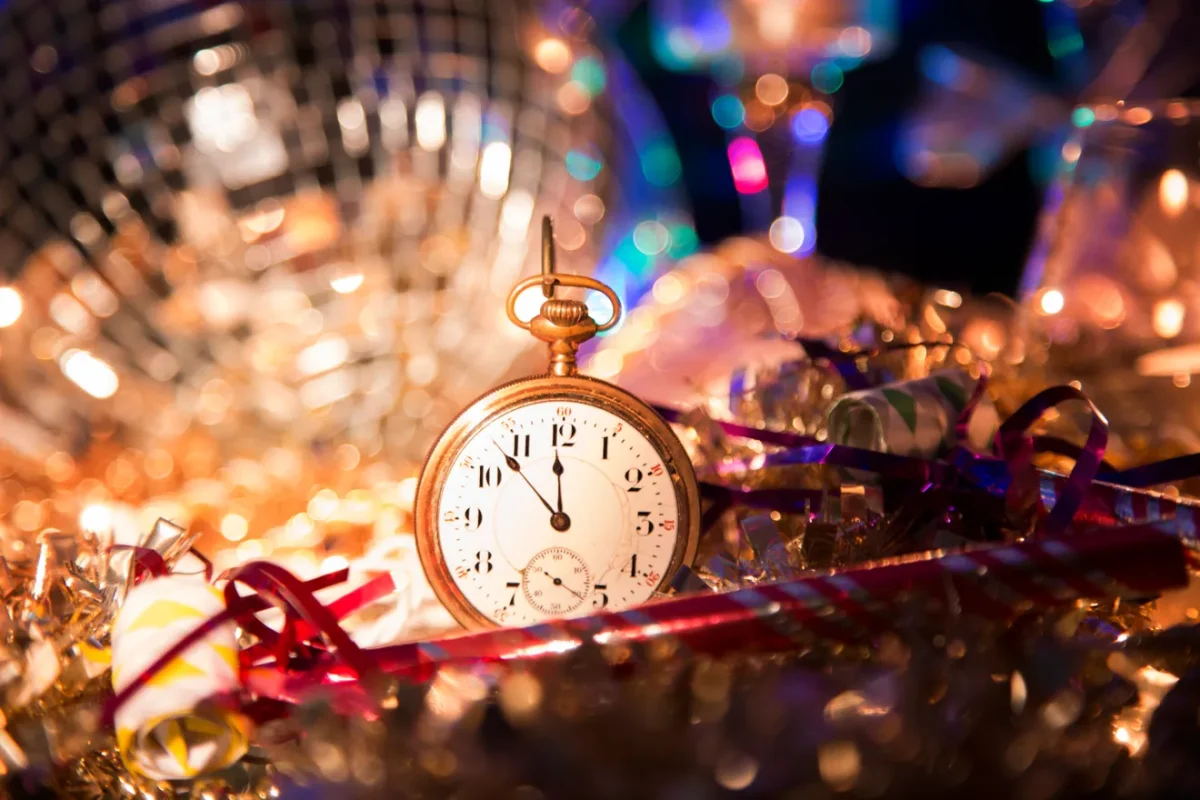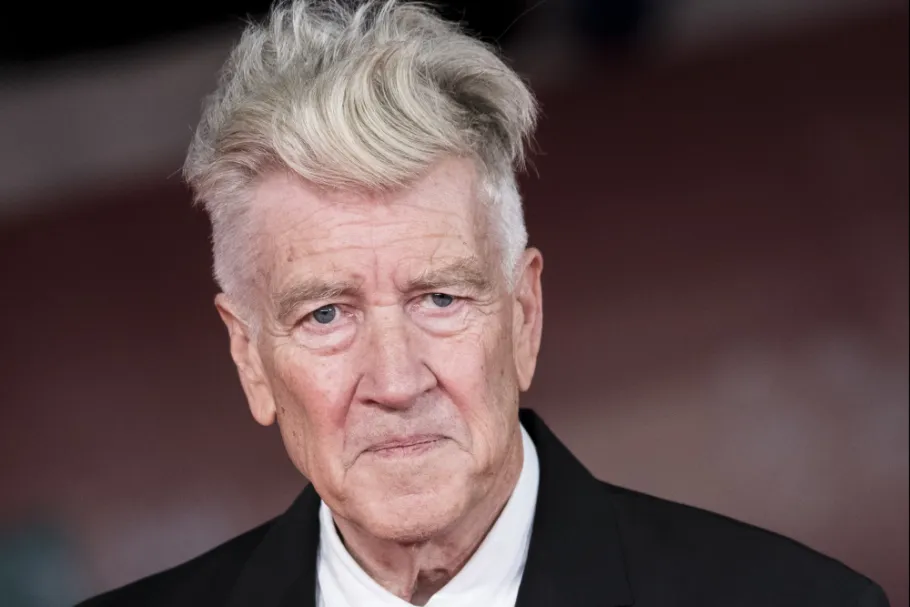Ever since an interview with Variety magazine at the D23 Expo in 2022, Rachel Zegler and the 2025 Snow White and the Seven Dwarfs live-action film have been receiving major backlash. Rachel Zegler is an up-and-coming actress who has appeared in films such as Shazam!, Fury of the Gods and The Hunger Games: The Ballad of the Songbirds and Snakes. Since receiving a Golden Globe for Best Actress for her performance in West Side Story (2021), Zegler has been making a name for herself in the film industry.
In September of 2022, Variety interviewed Zegler, who expressed her excitement for the opportunity to play Snow White on the big screen. This casting decision, however, was met with fierce criticism online, particularly after Zegler’s Variety interview, in which she said the original film was “extremely dated when it comes to the ideas of women being in roles of power.
“People are making these jokes about ours being the PC Snow White, where it’s like, yeah, it is – because it needed that,” she added. “It’s no longer 1937, and we absolutely wrote a Snow White that is not gonna [sic.] be saved by the prince and she’s not gonna [sic.] be dreaming about true love. She’s dreaming about the leader she knows she can be.”
In the 1937 film, Snow White dreams about true love and being saved by the prince from the evil queen. In the song “I’m Wishing,” sung by Adriana Caselotti, the lyrics include, “I’m wishing for the one I love to find me today.”
Online critics condemned what they saw as Zegler’s “virtue signaling” about a beloved, age-old story and about the decision to cast a biracial Latina woman as a Disney princess reputed for her “skin as white as snow.” In an op-ed for The Daily Signal, for instance, Elise McCue derided the casting decision: “A change no one on the Snow White team has explained yet is the racial appropriation of casting a Latina actress in a specifically white role. It’s in the character’s name, after all!”
Such criticism is not new. The 2023 live action remake of The Little Mermaid met with backlash for the decision to cast Black actress Halle Bailey as Ariel. When Disney announced in 2019 that Bailey would be playing the role, the hashtag “notmyariel” trended online among critics who felt that Bailey was a “woke actress” and her casting decision a contrived effort to apply a twenty-first century political sensibility to an old fairy tale.
Defenders of the two films contend that such backlash is nothing more than racism, an effort to prevent inclusion and visibility for actresses of color who have historically been relegated to the margins of TV, film and media. While there are other criticisms of the film — actor Peter Dinklage’s argument about the ableism it promotes by telling a tale of “seven dwarfs” and the anger over Zegler’s expression of support for Palestine — it’s clear the decisions in recent years to reimagine fairy tales with an actresses of color are fanning the flames of the current culture war on “wokeness.”

